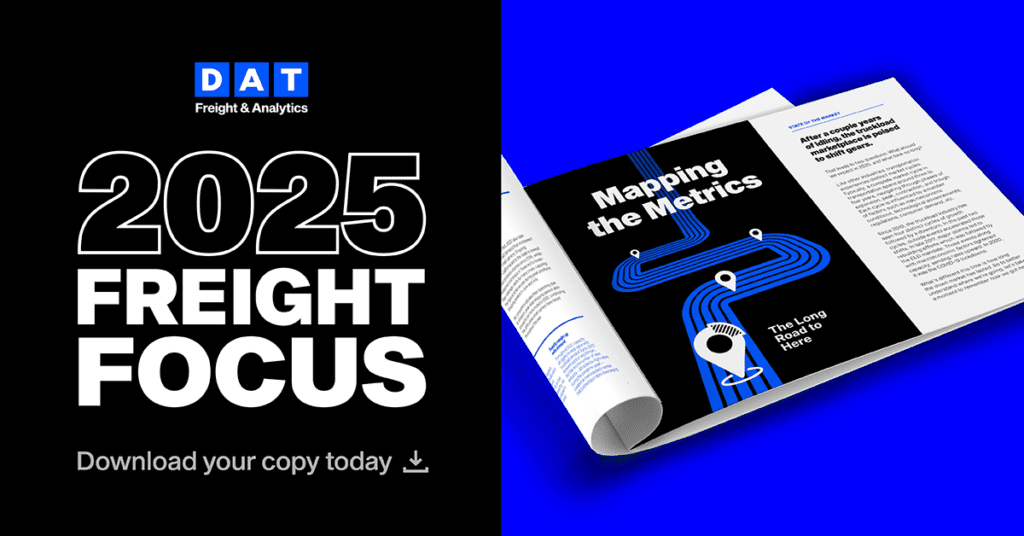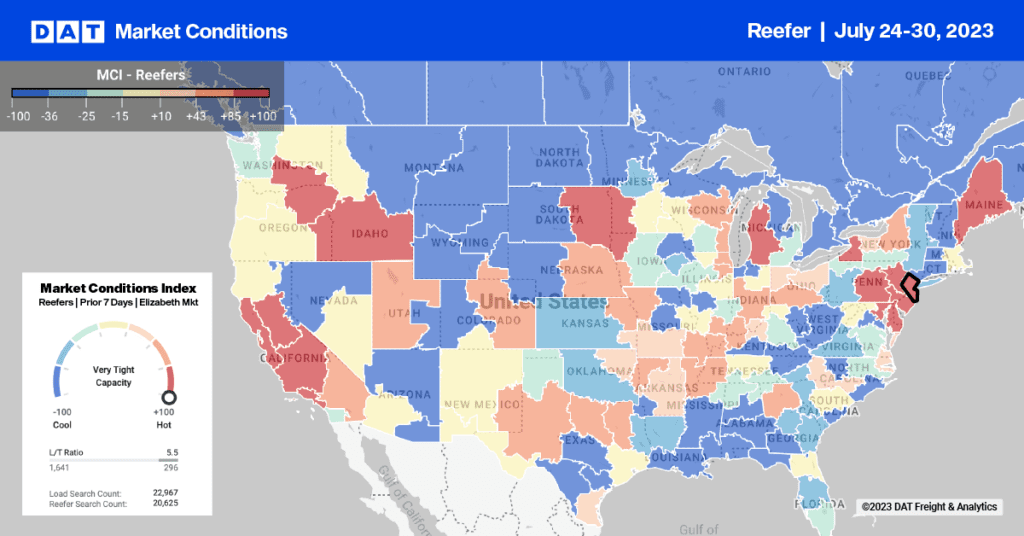With hurricane season ending on November 30 (good riddance), let’s look back at a presentation Eric Fuller, now COO of U.S. Xpress, gave in 2005 about the company’s experience hauling disaster relief supplies. He described six things truckers can count on post-hurricane:
1. Hurricane season coincides with the busiest time for freight. There’s little excess truck capacity after a big storm, and use of rail increases.
2. Wireless networks can be down for several weeks and satellite communications can be spotty due to government taking bandwidth.
3. Be concerned about the condition of bridges and roads, especially weight limits. A relief shipment of water can weigh 50,000 to 60,000 lbs.
4. The unpredictable nature of storms can mean that despite your pre-positioning efforts, you may inadvertently put freight (and drivers) in the path of the hurricane.
5. You’ll have numerous individuals from different agencies and companies directing drivers where to go on the ground. What they say may not match up with what your customer is telling you.
6. Delays. Many carriers won’t provide equipment because they don’t know when they’ll get their truck back. There’s a need for a “just in time” program for relief supplies.


